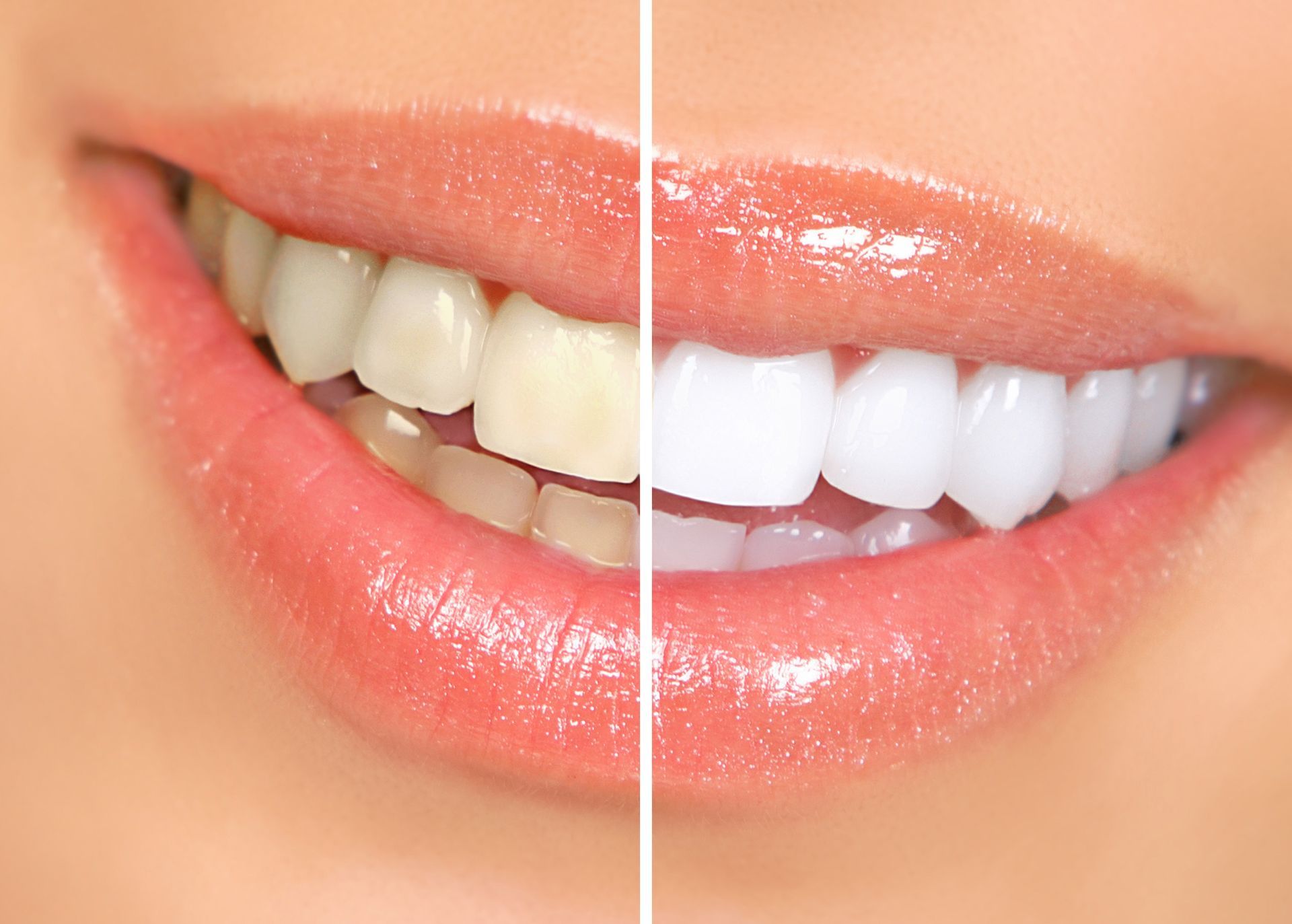The Link Between Oral Health and Overall Health: How Your Smile Reflects Your Well-Being
When we think about health, we often focus on diet, exercise, and regular check-ups. However, one aspect of health that is sometimes overlooked is oral health. The condition of your teeth and gums doesn't just impact your ability to eat, speak, and smile confidently—it also plays a crucial role in your overall health. In this blog post, we'll explore the connection between oral health and overall health, and how taking care of your mouth can protect you from serious conditions like diabetes and heart disease.
The Mouth-Body Connection
Your mouth is a gateway to the rest of your body. It’s home to millions of bacteria, most of which are harmless. However, when oral hygiene is neglected, harmful bacteria can grow out of control. This can lead to oral infections, such as gum disease and tooth decay, which can have far-reaching effects on overall health.
Inflammation and the Immune Response
Gum disease, also known as periodontal disease, begins with inflammation of the gums and gingivitis. If left untreated, it can progress to periodontitis, a more severe form of gum disease that leads to tooth loss. The chronic inflammation associated with gum disease triggers an immune response that doesn’t just stay in your mouth—it can spread throughout your body.
Bacteria Entering the Bloodstream
When you have gum disease, the inflamed gums can become a portal for bacteria to enter your bloodstream. Once in the bloodstream, these bacteria can travel to other body parts, potentially causing or exacerbating systemic health issues.
Oral Health and Heart Disease
- The Inflammatory Connection
- Research has shown a significant link between gum disease and cardiovascular disease. The inflammation caused by gum disease can contribute to the development of atherosclerosis, a condition where the arteries become clogged with fatty deposits. This increases the risk of heart attack, stroke, and other heart-related issues.
- Bacterial Influence
- Bacteria from gum disease can attach to fatty deposits in the arteries, further contributing to the formation of blood clots. These clots can block blood flow to the heart, leading to a heart attack or stroke.
- Monitoring Oral Health for Heart Health
- Regular dental check-ups and good oral hygiene are essential for teeth and gums and for your heart. Dentists can often detect early signs of gum disease and help you manage it before it impacts your heart health.
Oral Health and Diabetes
- A Two-Way Street
- The relationship between oral health and diabetes is bidirectional. People with diabetes are more susceptible to gum disease due to their body’s reduced ability to fight infection. Conversely, gum disease can make it more difficult for people with diabetes to control their blood sugar levels.
- Blood Sugar Control
- Chronic gum disease can lead to increased blood sugar levels, which can contribute to the development of type 2 diabetes or make it more challenging to manage existing diabetes. Effectively managing gum disease can help improve blood sugar control and reduce the risk of complications.
- Preventive Care is Key
- Maintaining excellent oral hygiene is crucial for people with diabetes. Regular brushing, flossing, and dental visits can help prevent gum disease and manage diabetes more effectively.
Other Health Conditions Linked to Oral Health
- Respiratory Infections
- Poor oral hygiene and gum disease can increase the risk of respiratory infections, such as pneumonia. Bacteria from the mouth can be inhaled into the lungs, leading to infection and inflammation.
- Pregnancy Complications
- Pregnant women with gum disease are at a higher risk of preterm birth and low birth weight. The inflammation and bacteria associated with gum disease can affect the developing fetus.
- Osteoporosis
- Some evidence suggests a link between osteoporosis and tooth loss. Bone loss associated with osteoporosis can affect the jawbone, leading to tooth loss and gum disease.
Tips for Protecting Your Oral and Overall Health
- Practice Good Oral Hygiene
- Brush your teeth twice daily with fluoride toothpaste, floss daily, and use mouthwash to keep harmful bacteria at bay.
- Regular Dental Visits
- Schedule regular dental check-ups and cleanings to catch any issues early and keep your oral health in check.
- Healthy Diet
- Eat a balanced diet rich in fruits, vegetables, and lean proteins. Avoid sugary snacks and drinks that contribute to tooth decay and gum disease.
- Quit Smoking
- Smoking is a significant risk factor for gum disease and other oral health problems. Quitting smoking can significantly improve your oral and overall health.
- Manage Chronic Conditions
- If you have a chronic condition like diabetes or heart disease, work with your healthcare provider to manage it effectively. Good oral health can support the management of these conditions.
Oral health is a vital component of overall health. Maintaining good oral hygiene and seeking regular dental care can reduce your risk of developing severe health conditions like heart disease and diabetes. Remember, your mouth is more than just a smile—it reflects your body’s well-being. Take care of it, and it will take care of you.


